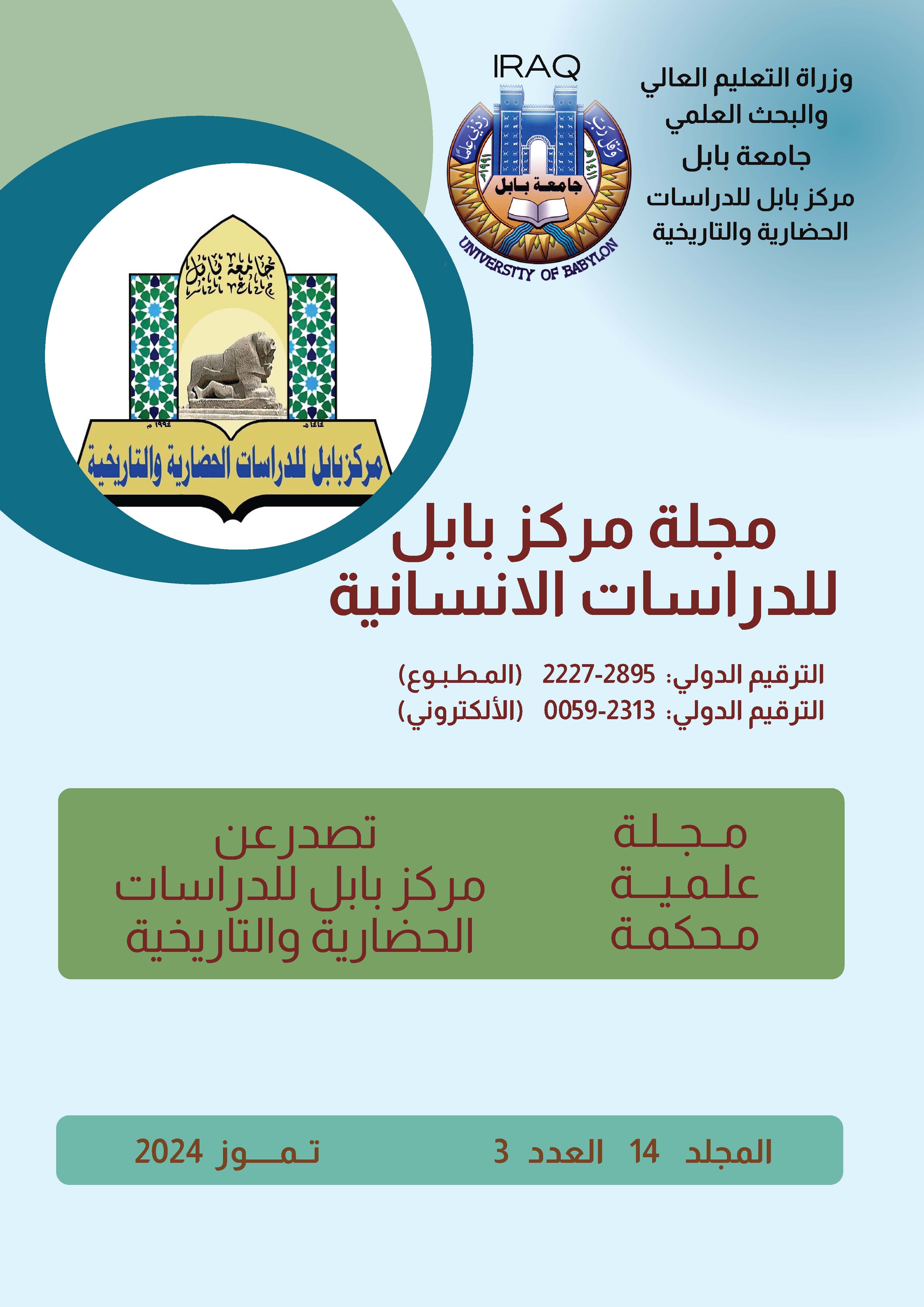Mustafa Kamal Ataturk and Turkish Woman's Issues
Keywords:
Women rights, women education, women and civil law, women and policyAbstract
Although women gained most of their rights during the era of Mustafa Kemal; However, we cannot attribute it solely to his desire to give women what she got, to his special concern for her status, especially with regard to elections; Rather, Turkish women also strived with their tireless efforts to reach what they have achieved, and these efforts were not the result of an overnight, but rather emerged clearly since the Balkan War, followed by the First World War, then the War of Independence, and at all levels,In addition to the era of the Turkish Republic, in which women sought to publicly demand their rights through activities led by educated women, including Mrs. Naziha Muhyiddin, who sought to do so by establishing the Women’s People’s Party in 1924, despite the opposition that was met with, especially after women’s demands in these areas, especially political ones, became clear. Of these, but whoever does not delve deeply into this matter will certainly attribute the rights that women have acquired to be a sympathy from Mustafa Kamal, but this matter is not accurate. They only occurred during his period and supervision, and it was necessary for him to meet these demands because they cannot be rejected and not taken into account, especially After his many talks about the role of women and that they constitute a large part that cannot be ignored in society And whoever bet on making it the model that would represent the changes that occurred in Turkish society, especially after its adoption of the Swiss Civil Code and its emphasis on the position of women in the family alongside men because of the role they play in building the foundation of society.
It must be emphasized here that this research was written based on Turkish sources exclusively, given my knowledge of the Turkish language. This means that the status of women will be presented as described by the Turks themselves, according to the developments in their role and status that they have attained. However, from our point of view, the truth is not devoid of many observations that are not compatible with what they called “development and liberation,” especially what is included in the Civil Code.







